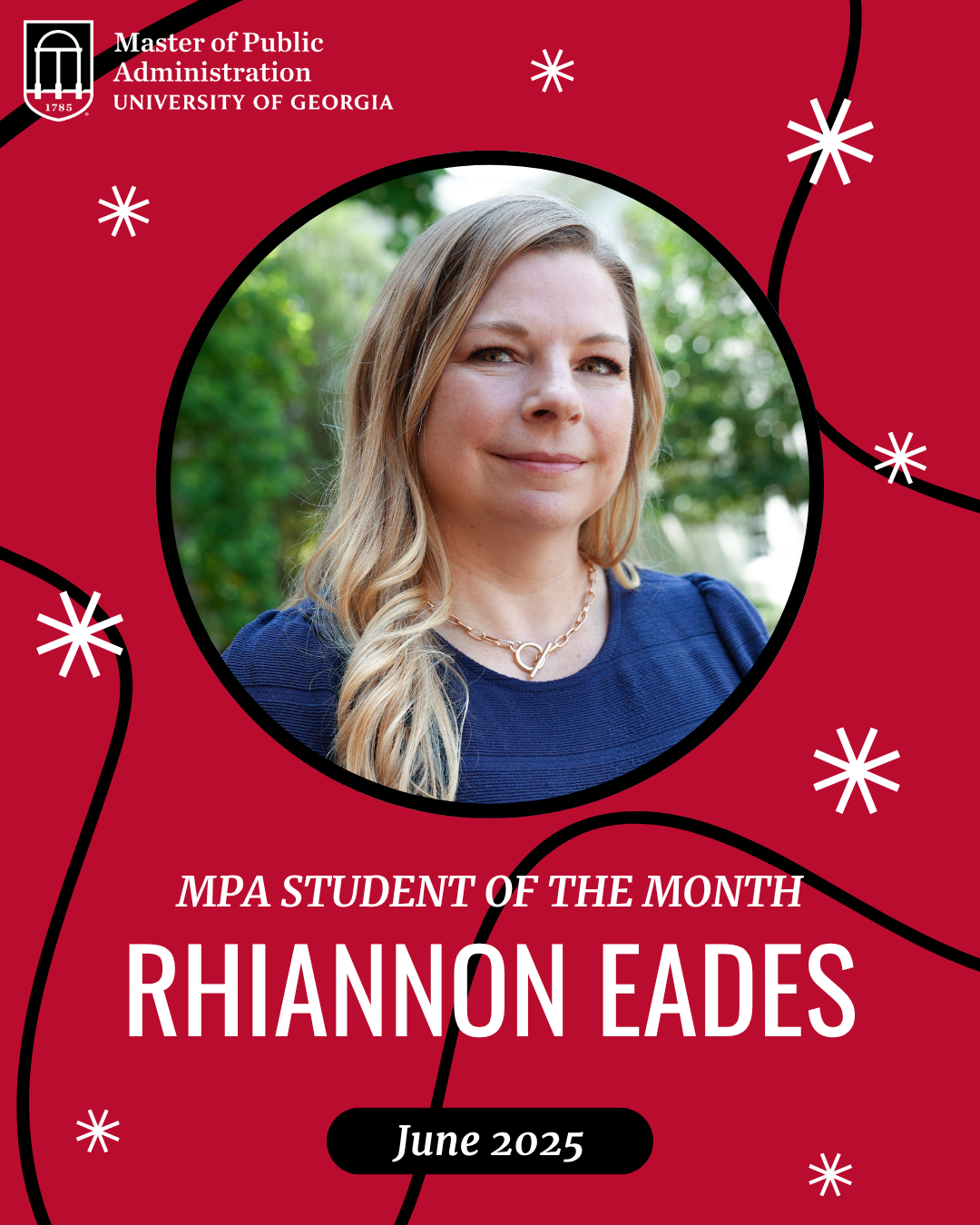
Dr. J. Edward Kellough, Professor of Public Administration and Policy and Director of the PhD Program, has served as a fellow with the National Academy of Public Administration (NAPA) for the past five years. NAPA, created by a 1967 Congressional charter, is comprised of both academics and government officials, nominated and confirmed to the Academy due to their expertise in government administration. Over the past year, Dr. Kellough has contributed to a study commissioned by Congress to determine the efficacy and role of the Office of Personnel Management (OPM).
As one of five NAPA members selected for the panel which authored the report, Elevating Human Capital: Reframing the U.S. Office of Personnel Management’s Leadership Imperative, Dr. Kellough was the sole representative of academia, joining four other current and former government officials. As an academic expert in public sector human resource management, he brought knowledge of that literature to create a detailed understanding of OPM and the history US civil service, providing a critical balance to the experience and perspectives of his fellow panel members.
The report unequivocally declared its support for OPM’s continuity, a course of action in direct opposition to the Trump administration’s consideration of formally abolishing the office. Kellough and his colleagues suggest, OPM should be reified to serve as an independent agency and steward of merit principles, embodying the vision laid out for it by the 1978 Civil Service Reform Act. In this arrangement, OPM will be the arbiter of HR policy for agencies, while delegating responsibility to the agencies themselves for HR operations.
“It’s hugely important for administration of government because it gets to the heart of central issues, “said Kellough. “Government work is labor intensive; it’s people who carry out functions of government. As a result, it’s important to have an effective system for HR management and to strengthen and enhance the role of OPM.”
Additionally, with full separation from the Office of Management and Budget (OMB) to assuage Congress’ concerns, OPM’s Director can serve as the principal advisor to the President.
This capacity for OPM would be supported by improved funding for the Office, which the report recommends. Having been hindered by funding cuts during the Clinton administration when staffing was reduced by 50%, Dr. Kellough and NAPA are hopeful that the new administration will be receptive of the report’s recommendations and will usher in a new era for OPM, both in its relationship to OMB and as a partner to other agencies.
As OPM moves toward fulfilling its potential, Dr. Kellough is certainly owed acknowledgement for his contribution to the report and his work on the ever important and complex issue of public sector human resource management in the US.








